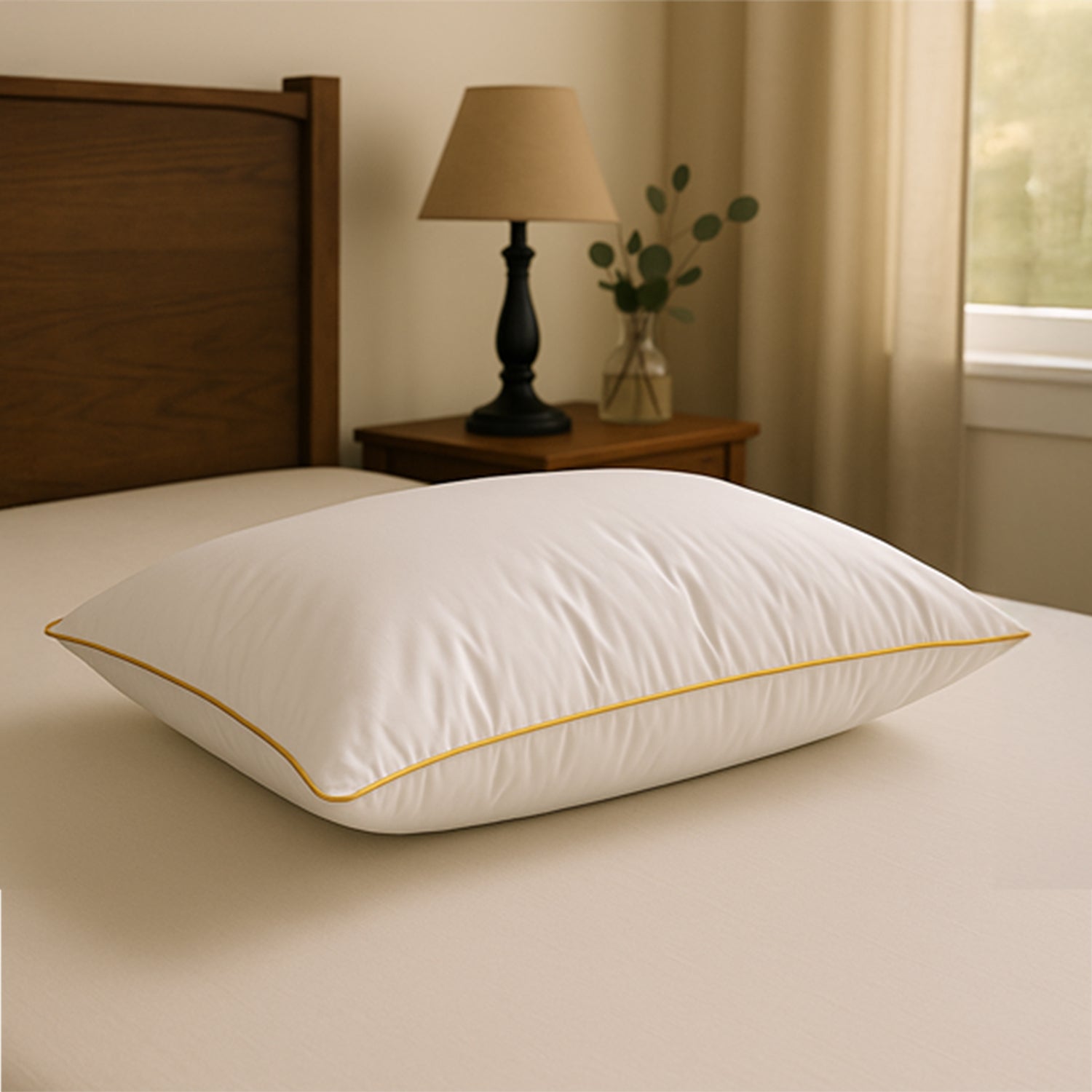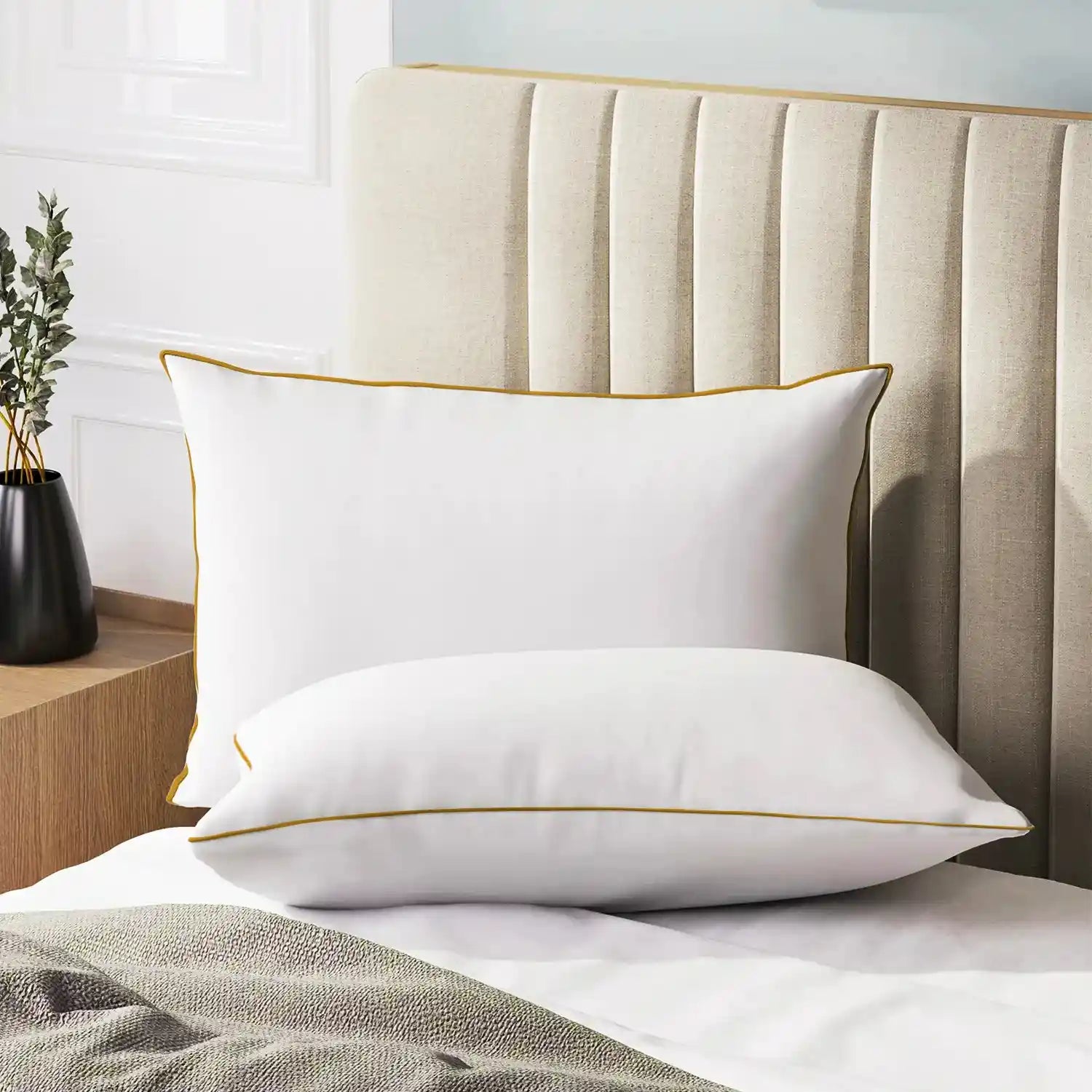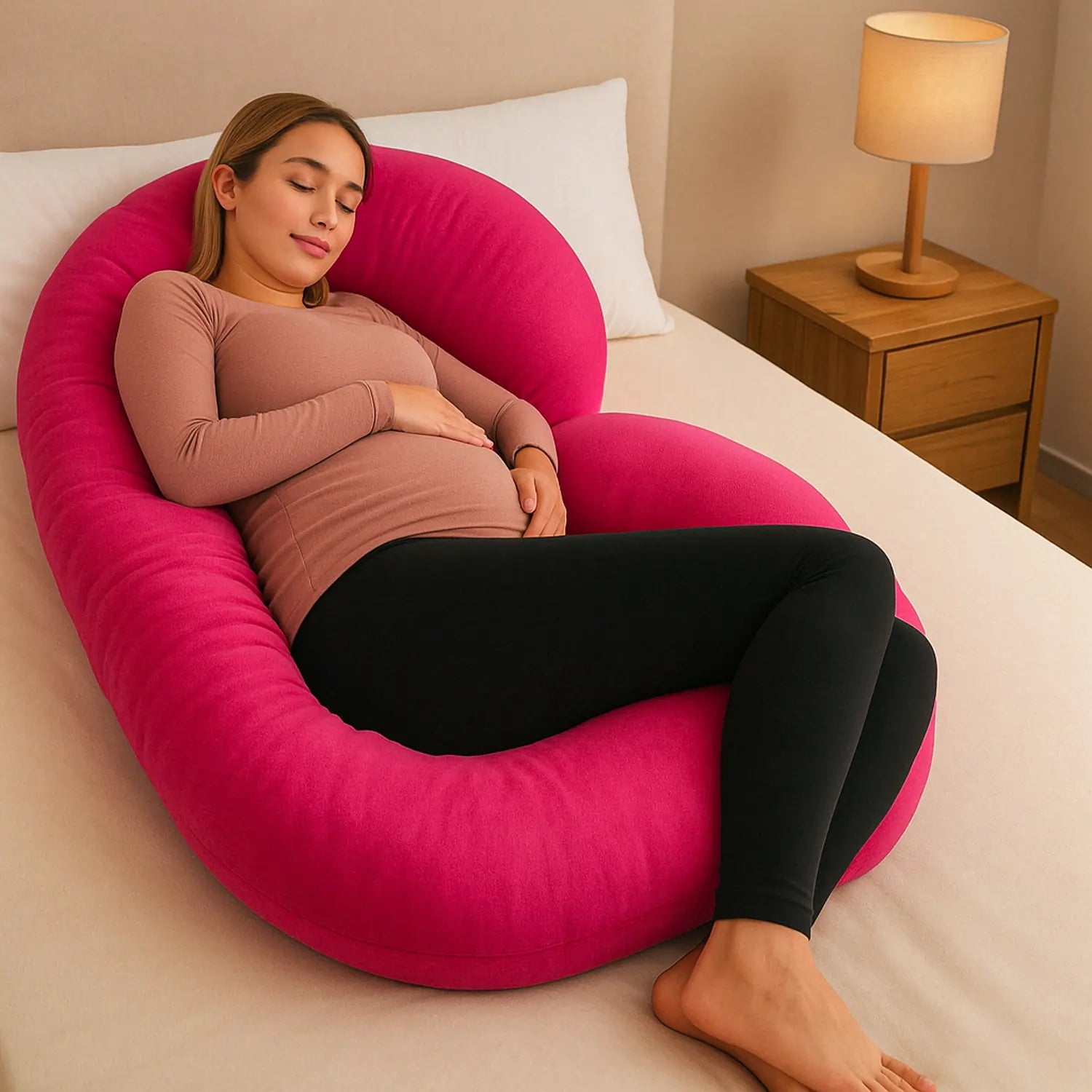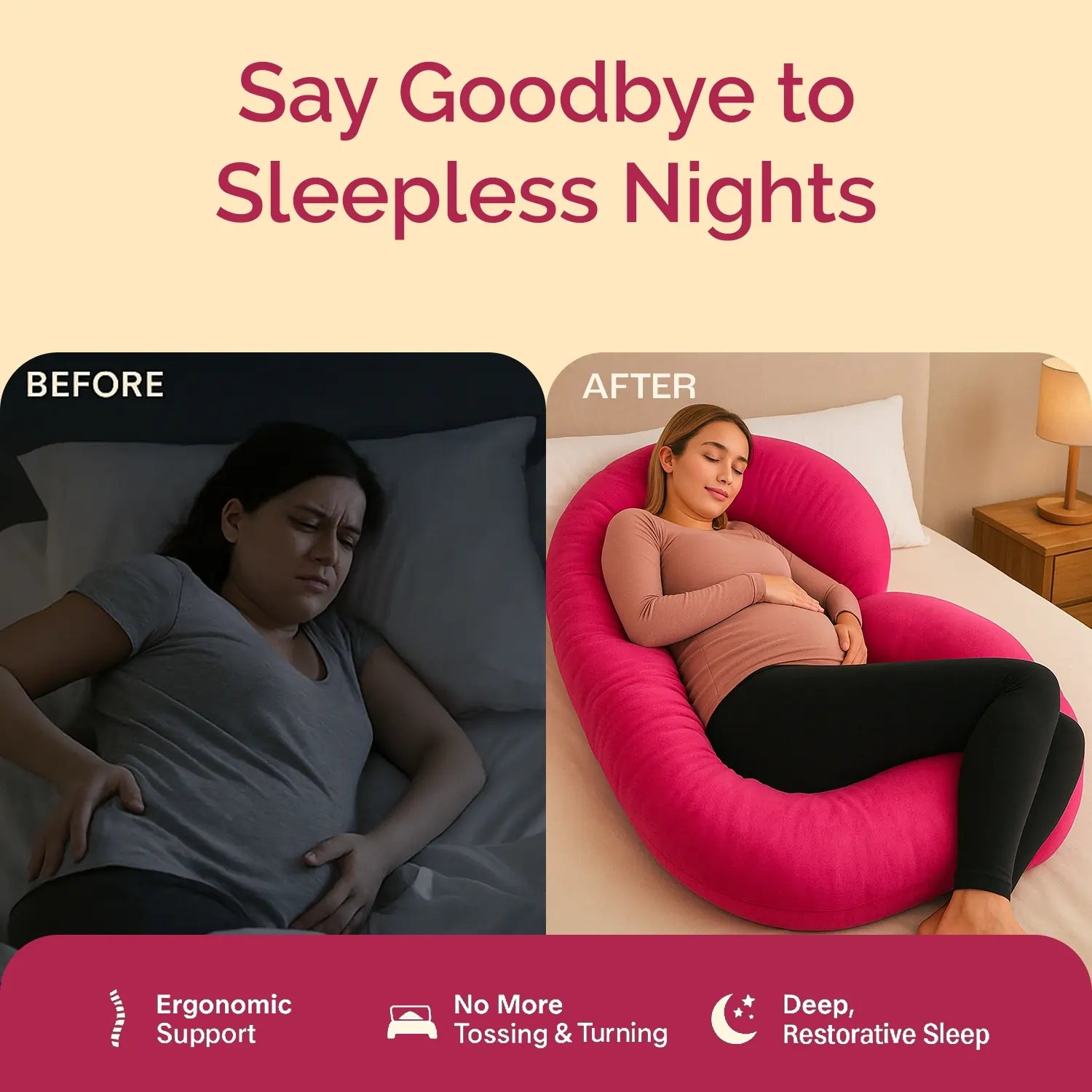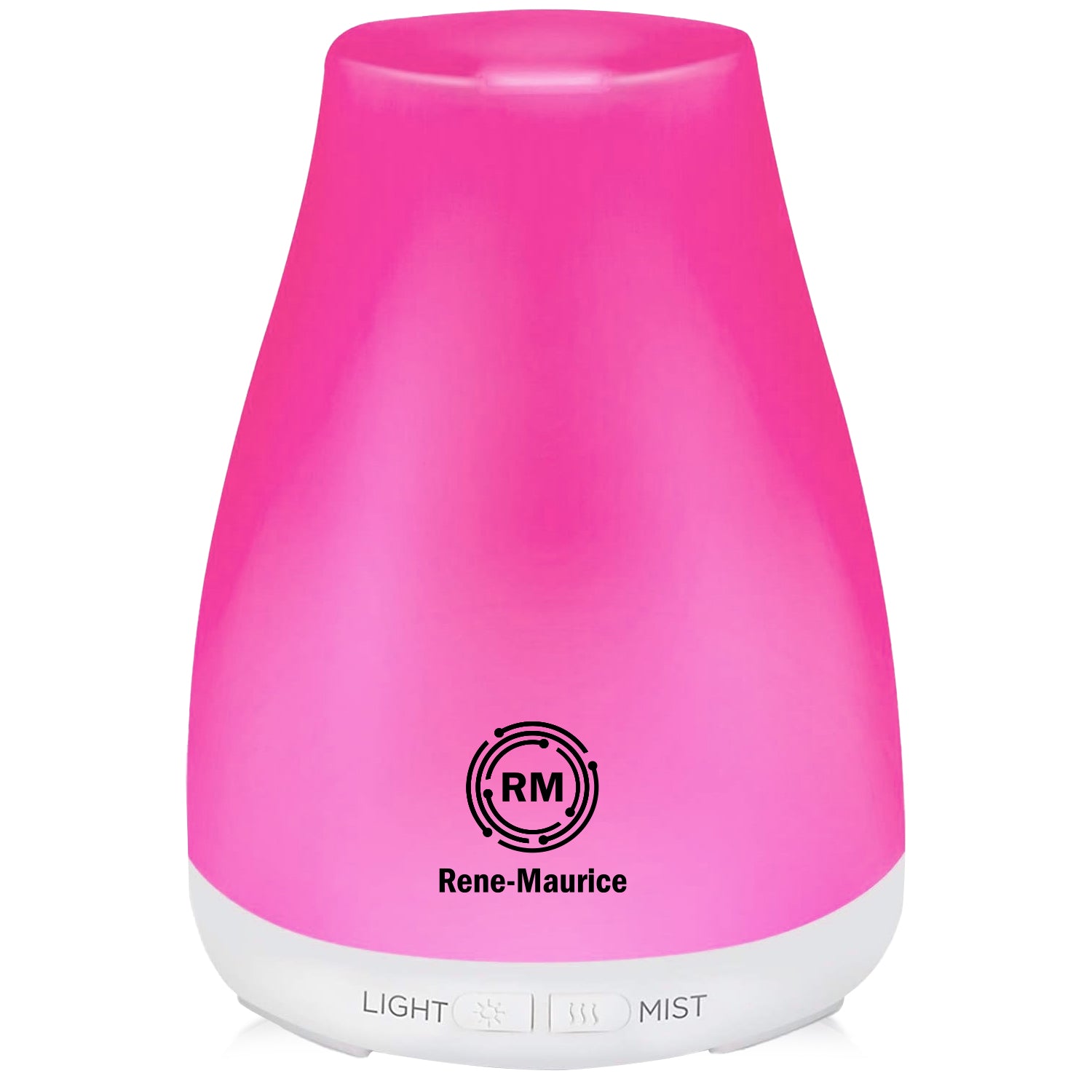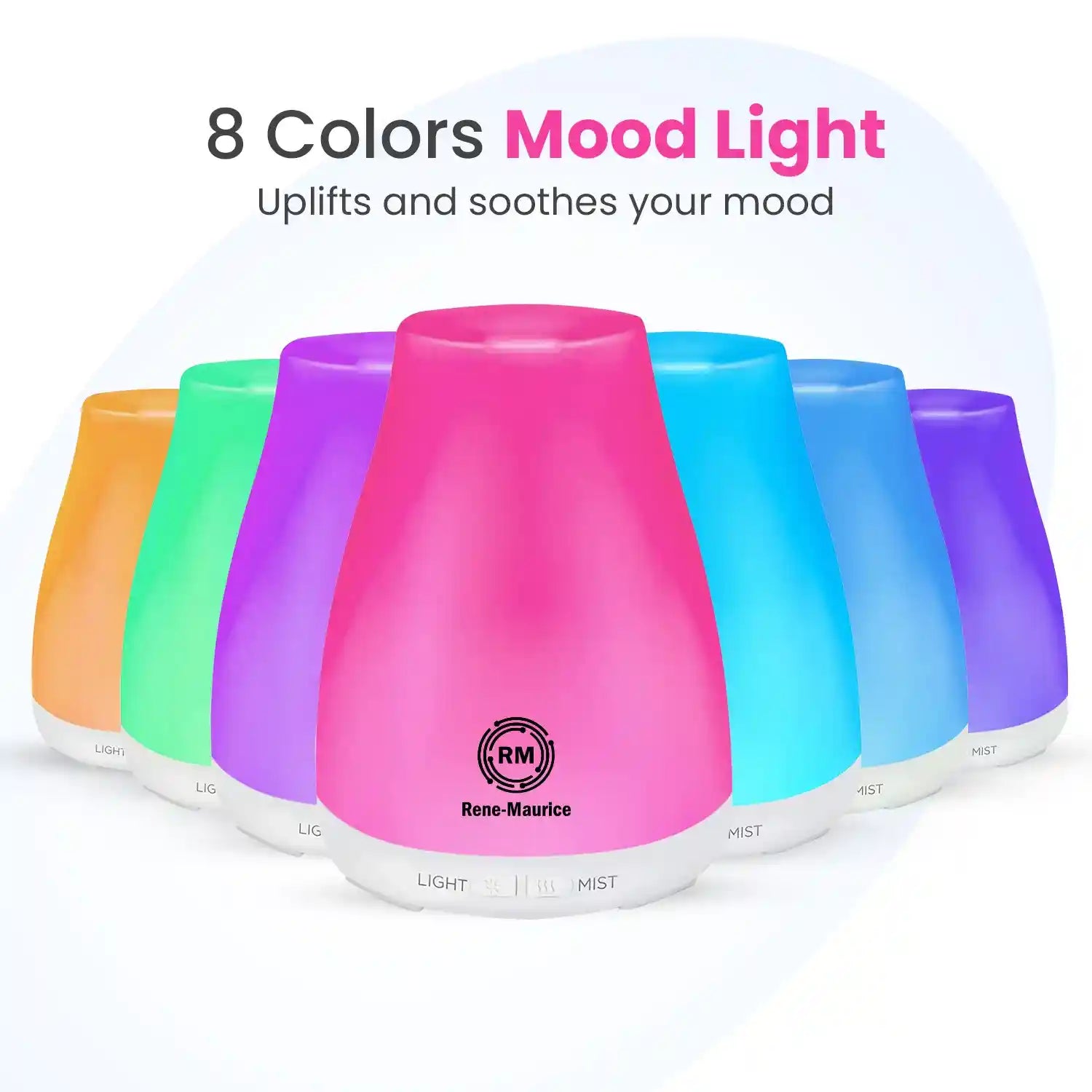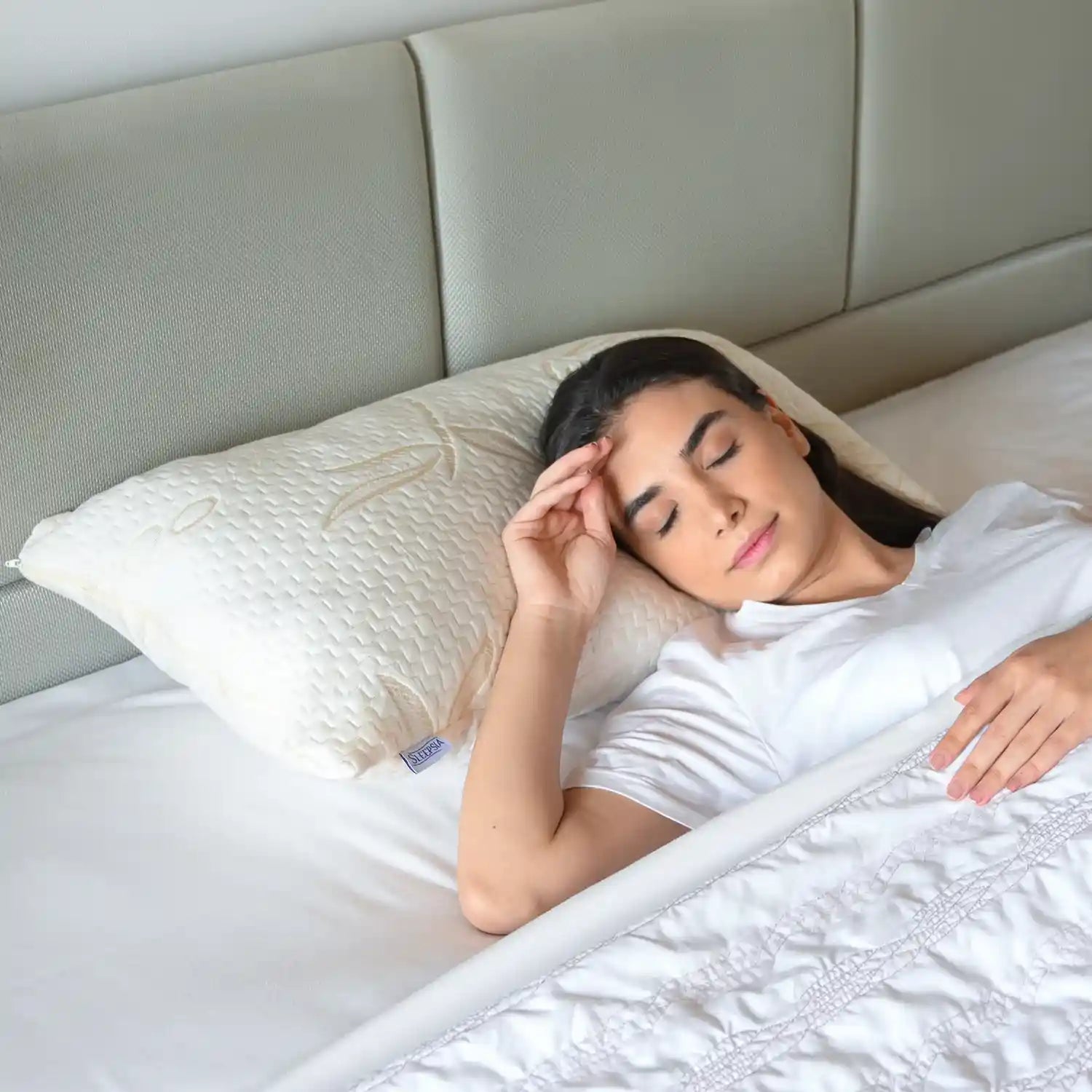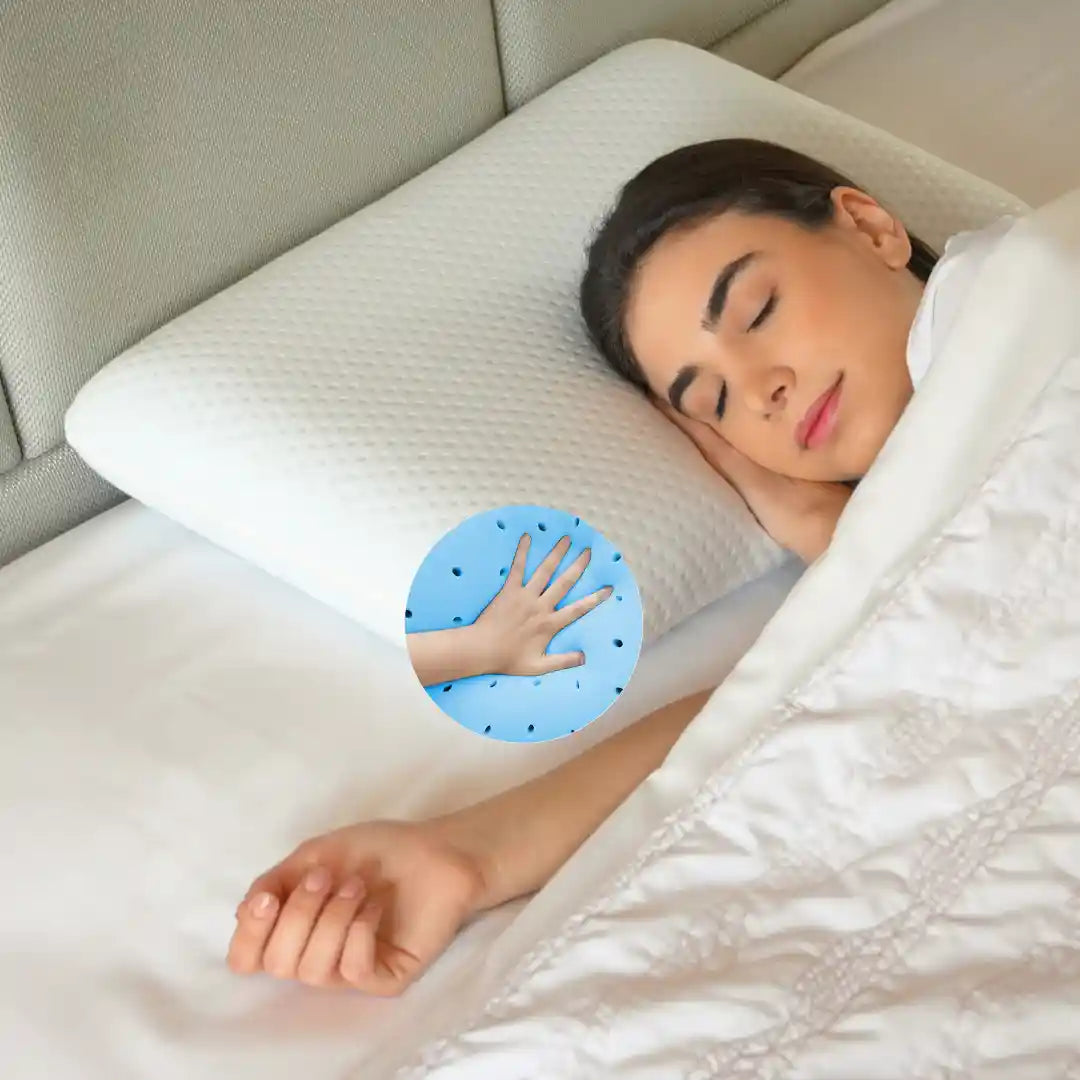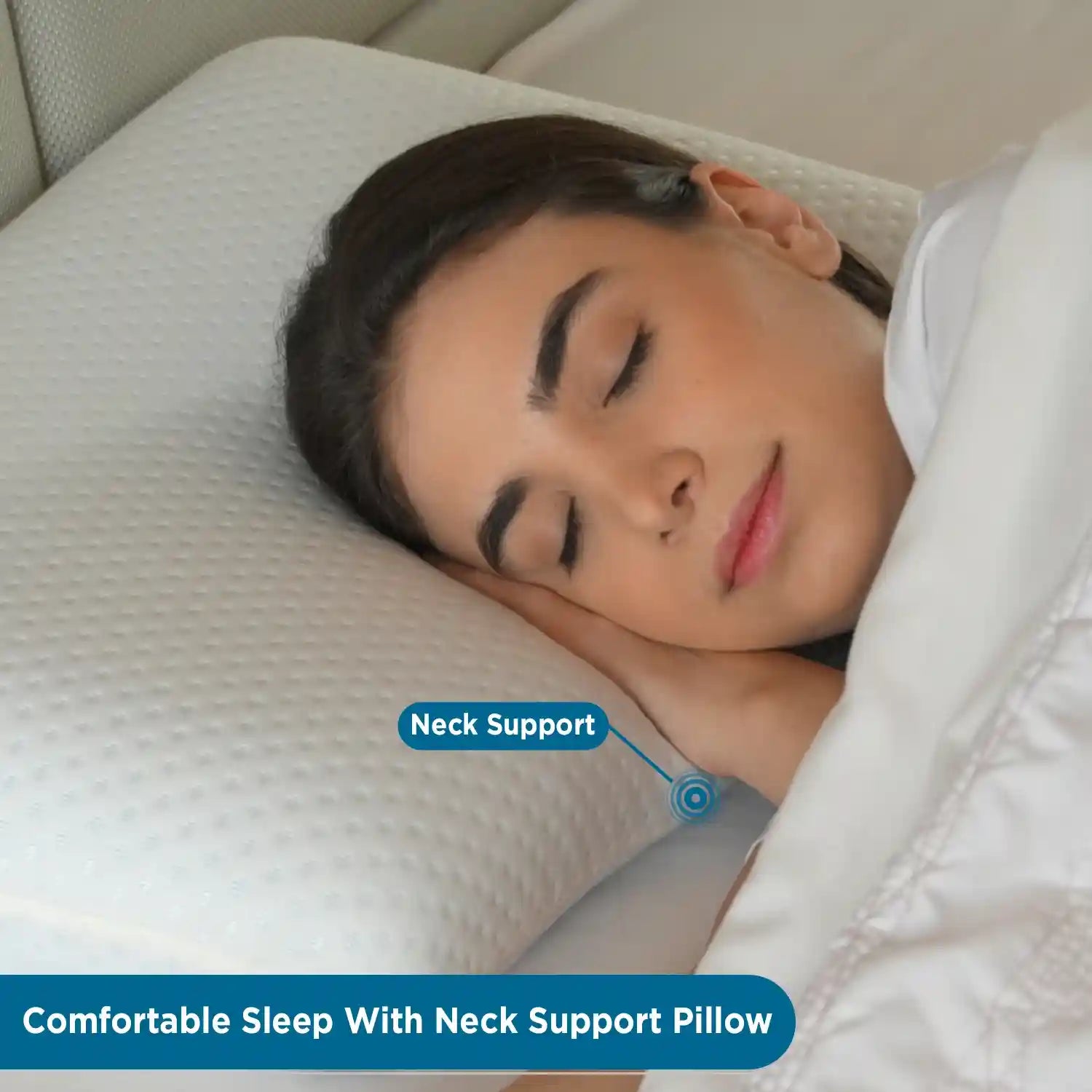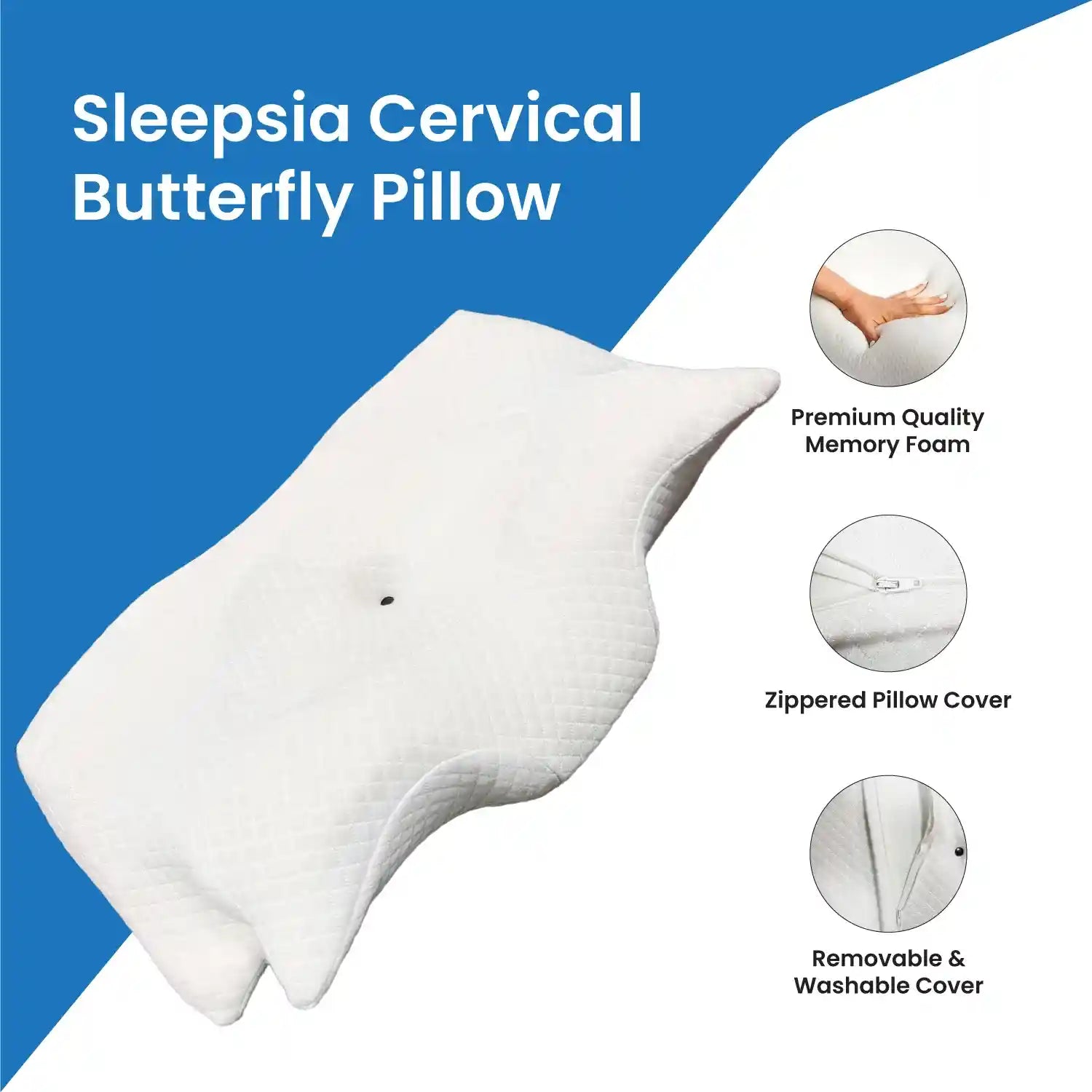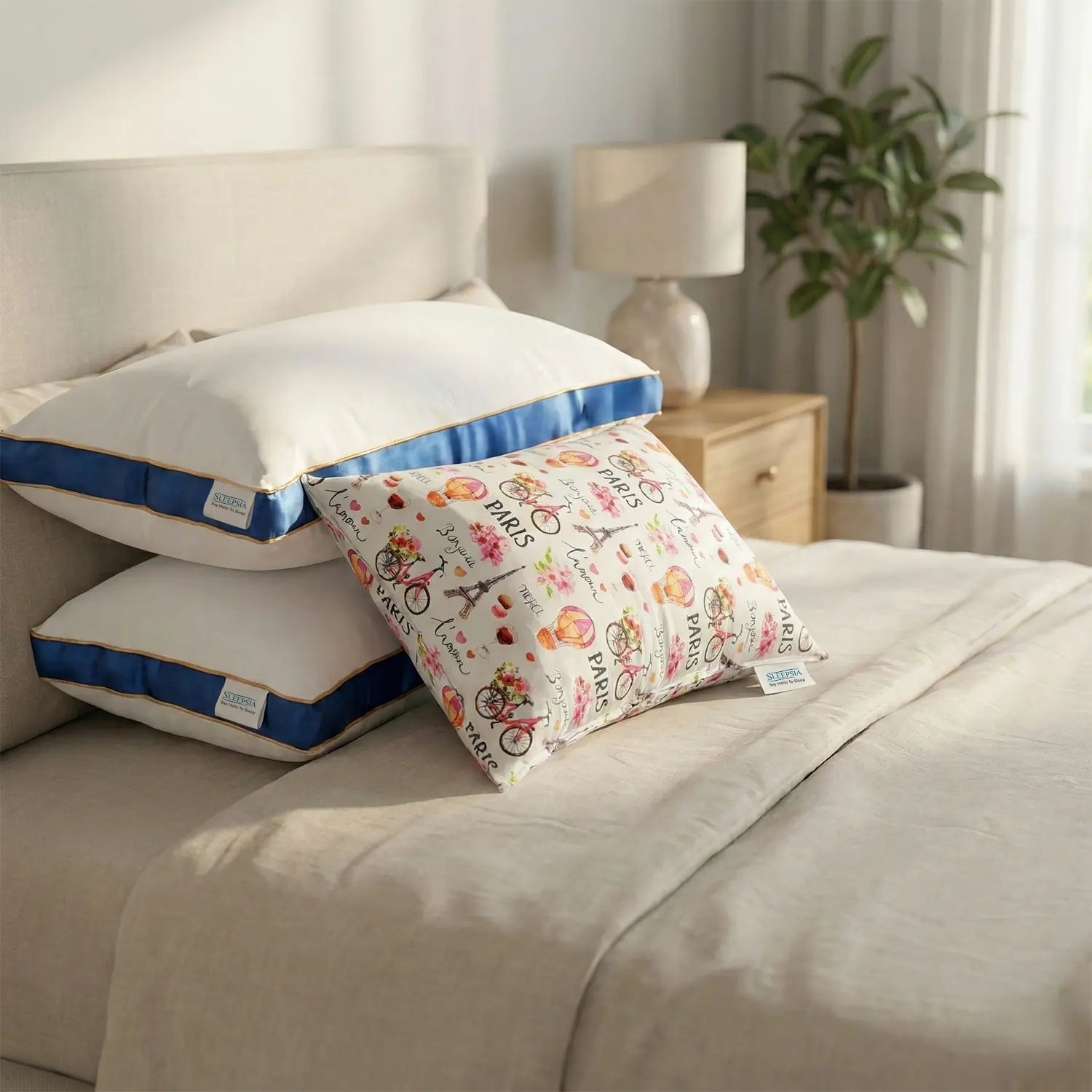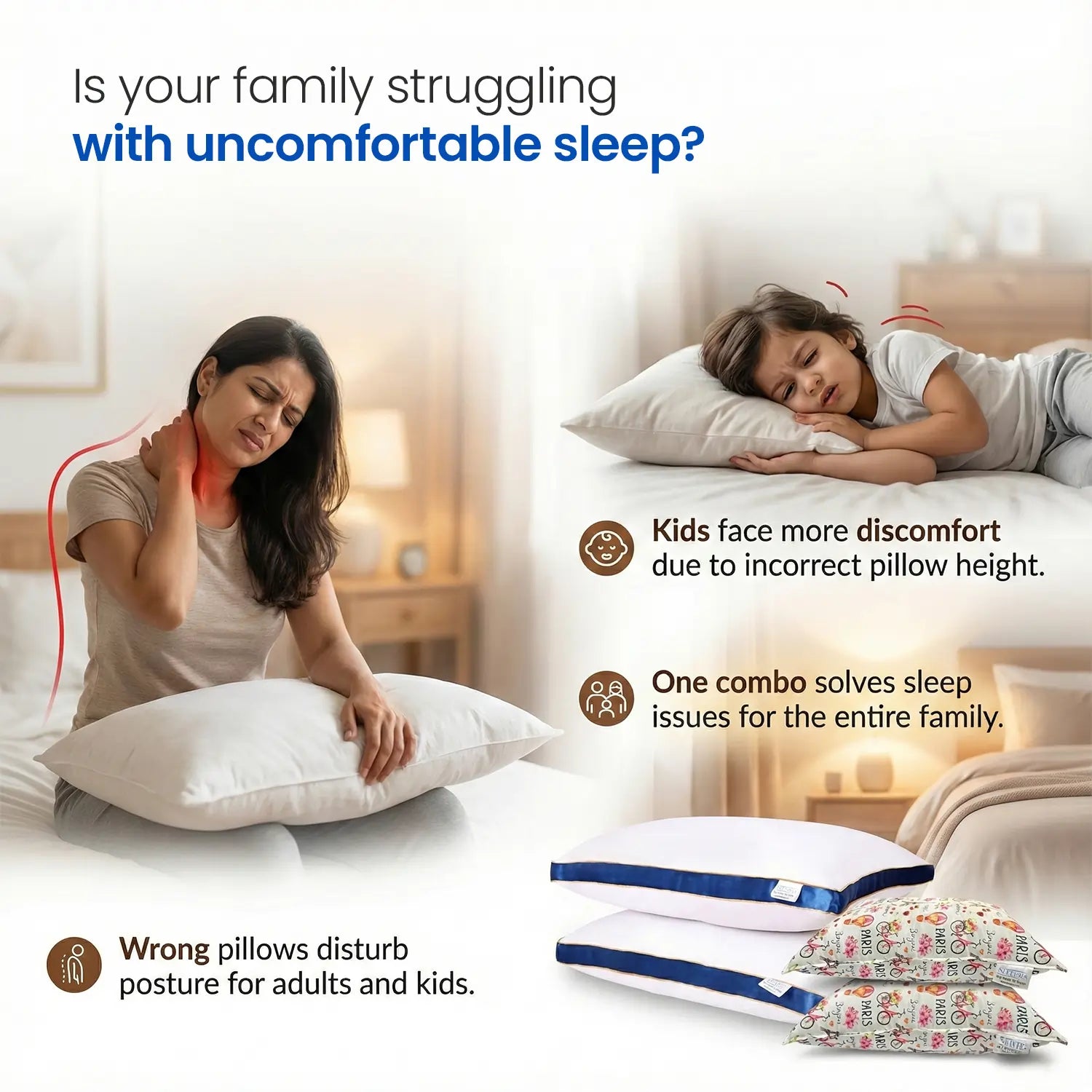
Good Sleep Habits for Insomnia
Insomnia is a common sleeping disorder which can make it difficult to fall asleep, stay asleep, or get enough quality sleep. This can happen even if you have the time and the necessary conditions to sleep well. Insomnia can disrupt your everyday routines and cause you to feel sleepy during the day.
Recommended Products
There are mainly two types of insomnia:
- Primary Insomnia- In primary insomnia your sleeps aren’t because of your health problems. It can be cured with healthy sleep habits and some changes to the lifestyle.
- Secondary Insomnia- In secondary insomnia, your sleep problems are linked with your health problems. You may have health issues like asthma, depression, arthritis, cancer or heartburn. You may be on some type of medicine or use substances like alcohol.
In many situations, a few easy lifestyle changes might help relieve insomnia. It may take some time if you have been sleeping the same way for years, but good sleep habits can surely help to get better quality sleep at night. Start with these simple tips.
1. Fix Your Sleep Schedule

Go to bed and wake up at the same time every day, even on weekends. Being consistent with your sleep schedule strengthens your body's sleep-wake cycle and helps fight insomnia.
If you do not fall asleep within 20 minutes of going to bed, exit your room and do something calming. Read or listen to relaxing music. If you're exhausted, go back to bed. Repeat as needed, but stick to your sleep pattern and wake-up time.
2. Be Mindful of Eating and Drinking Habits

Avoid eating heavy meals within a few hours of going to bed. Discomfort could keep you awake.
Nicotine, caffeine, and alcohol should also be used with caution. Nicotine and caffeine have long-lasting stimulant effects that can make it harder to fall asleep. And, while alcohol may help you feel drowsy at first, it might disturb sleep later in the night.
It is okay to have caffeine in the morning, but once the clock strikes noon, avoid caffeine-containing beverages and foods because they will undoubtedly make it difficult for you to sleep.
3. Create a Restful Sleep Environment

Turn the lights down around your house 2 to 3 hours before bedtime. Dim light stimulates your brain to produce melatonin, the hormone that induces sleep.
Make sure your room is at accurate temperature, dark, and quiet. Exposure to too much light in the evening may make falling asleep more difficult.
Avoid using your phone, laptop, TV for too long right before going to bed.
You can take a bath, do relaxing meditation, read something or journal before going to sleep, performing these calming activities can help you get a quality sleep.
4. Avoid Long Daytime Naps

Power naps are great to clear your mind, have a fresh approach to the day but taking longer naps during the day will surely disturb your sleep pattern.
A study found that people who took daytime naps, felt more sleepy the rest of the day, experienced poor sleep quality and disrupted sleep during the night. Whereas those who sleep for 30 minutes or less can improve daily brain function.
However, other research shows that people who take frequent daytime naps had better sleep quality and less interrupted sleep at night.
If you take long naps and sleep well during the night, good for you but if you face sleeping problems, you must consider taking short naps.
5. Invest in a Good Memory Foam Pillow

Some people sleep on their sides, others on their backs. Whatever is your sleep position, you must pick the appropriate pillow to support it.
You must blame your pillow, if you wake up exhausted and stiff-necked in the morning. The pillow should be just the correct size -- not too fat, nor too flat -- to support your neck's natural curvature.
A memory foam pillow provides pleasant support to prevent neck pain. It provides adequate support for your neck and spine, allowing you to sleep comfortably and restfully.
A memory foam pillow is a popular choice among people who have sleeping problems or getting quality sleep. It's the ideal pillow for everyone at a great price.
6. Be Physically Active

Daily exercise or indulging in some sort of physical activity helps you get better sleep at night. It is advised to avoid workout 2-3 hours before sleep.
Heavy workout can exhaust you but sometimes they have a negative impact on sleep. It completely depends on individuals.
Spending time outside, doing yoga, meditation every day might be helpful, too.
7. Restrict In-Bed Activity to Sleep

Avoid sitting in bed, working, surfing the Internet, or watching TV. Your bed must be reserved for sleep with sex being an exception. Whenever you are in your bed, your mind must get signals that it is time to sleep.
Those who love pets and have them in bed, not only cut their sleep short. But can also trigger allergies like fleas, fur, dander, and pollen into your bed.
8. Work on Stress management

Try to resolve any problems or issues you have before going to bed. Write down what's on your mind, then set it aside for tomorrow.
Stress management is important to get quality sleep. Begin with the basics, such as organizing, prioritizing, and delegating chores. Meditation can also reduce anxiety.
Learn about relaxing techniques like guided imagery, music, yoga, and meditation.
Listen to your body when it instructs you to slow down or take a break.
9. Build a Bedtime Routine

A nighttime routine can help you develop habits that notify your brain it's time to prepare for bed.
Make your bedroom the only place to sleep. Avoid eating, watching TV, working in the bedroom.
Turn down your bed covers, fluff your pillows, and dim the lights to create a peaceful environment for a good night's sleep.
10. Turn off Screens Before Bed

TV, smartphone, and laptop screens generate blue light, which stimulates the body's internal clock (circadian rhythm), keeping you awake long after you should be sleeping.
According to studies, excessive blue light exposure before bedtime can suppress melatonin levels, resulting in restlessness and delayed REM sleep. It is suggested that screens be turned off 30 to 45 minutes before going to sleep.
When it comes to getting a good night's sleep, avoid using any screen one hour before sleep. Wait till the morning to binge watch Netflix or check Instagram. They are not going anywhere.
11. Take a melatonin supplement

Melatonin is an important sleep hormone that signals your brain when it's time to unwind and go to bed. Melatonin pills are a highly popular sleep aid.
In one study, consuming 2 mg of melatonin before bed enhanced sleep quality and vitality the next day while also allowing people to fall asleep faster.
Melatonin is particularly beneficial when traveling or transitioning to a new time zone because it helps your body's circadian rhythm return to normal.
Some nations require a prescription for melatonin. Melatonin is commonly available in various places, both in stores and online.
12. Optimize your bedroom temperature

Body and bedroom temperatures can also have a significant impact on sleep quality.
As you may have noticed throughout the summer or in hotter climates, it can be difficult to obtain a decent night's sleep when it's too warm.
One study indicated that bedroom temperature had a greater impact on sleep quality than external noise.
Other research has found that raising body and bedroom temperatures can reduce sleep quality while increasing awakeness.
Most individuals find 70°F (20°C) to be a comfortable temperature, though this varies depending on their preferences and habits.
Conclusion
Insomnia can be managed with good sleeping habits. It is a slow process. Making small changes in your lifestyle can have long term effects on your sleep and overall life quality.
If you want optimal health and well-being, it’s recommended that you make sleep one of the top priorities in your life and incorporate some of the tips above.




